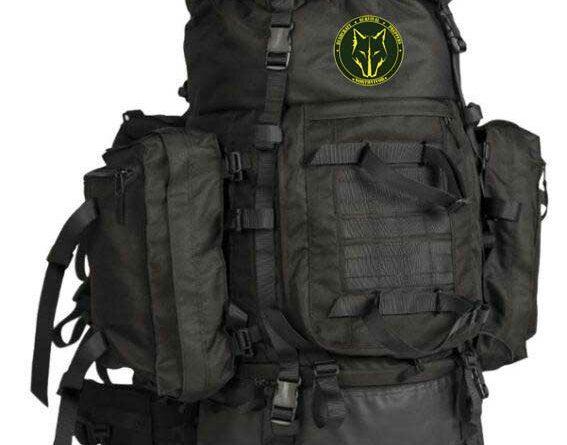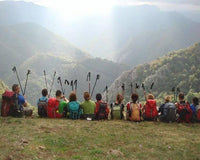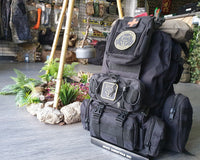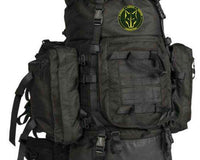In November 2019, the CIA published an interesting response on its blog to a question from an Internet user about how to prepare for an emergency.
This response included a series of tips for the general public, emphasizing the 72-hour backpack and a basic list of what it should contain, along with interesting recommendations.
If you want to know more about the 72-hour backpack, you can read this article by our expert Roberto Orosa - The 72-hour Backpack in case of an emergency.
Many countries include recommendations on preparing the general population at the family or individual level in their emergency plans. These recommendations are aimed at ensuring survival for at least 72 hours or three days, which is considered the appropriate timeframe for emergency services to begin operating.
Prepping in the US is a widespread practice among the general population, with significant social impact, thanks to important social movements known as "preppers." We've discussed these movements in more depth in this article, "Who Are Preppers?"
Also in the recommendations of the Spanish Embassy in Wellington _Emergency Guide for Spanish citizens it is quoted verbatim “It is better to be prepared for something that never happens than not to be prepared for something that does happen” establishing a series of measures among which the preparation of an emergency backpack or 72 hours stands out

One of the pieces of advice we always repeat is "practice, practice, practice..." It's no use having the right equipment if you don't know how to use it, if you don't master it. Doubts arise when you practice; that's where you truly experience your adventure and integrate knowledge and experiences.
Videos, books, and guides are all very well and are a true repository of content, but true learning comes from practice and meaningful learning.
There are several companies, organizations, associations, etc., that develop training activities geared toward these situations. If you know of any, you can reach out or contact them to share experiences with them. Always try to choose those that truly teach professionally and are focused on transmitting knowledge and providing beneficial experiences for their students based on their own experiences.
On the SIWA website (the International Association of Survival Instructors) ( www.siwasurvival.com ) you can obtain more detailed information about the international standards applied to survival techniques, as well as a list by country of the instructors who belong to this association.
Remember that learning is a lifelong process and that it is always necessary to keep up to date and acquire new knowledge.
The post "72-Hour Backpack and Advice from Some Official Organizations" was originally published on Territorio.northvivor.com






